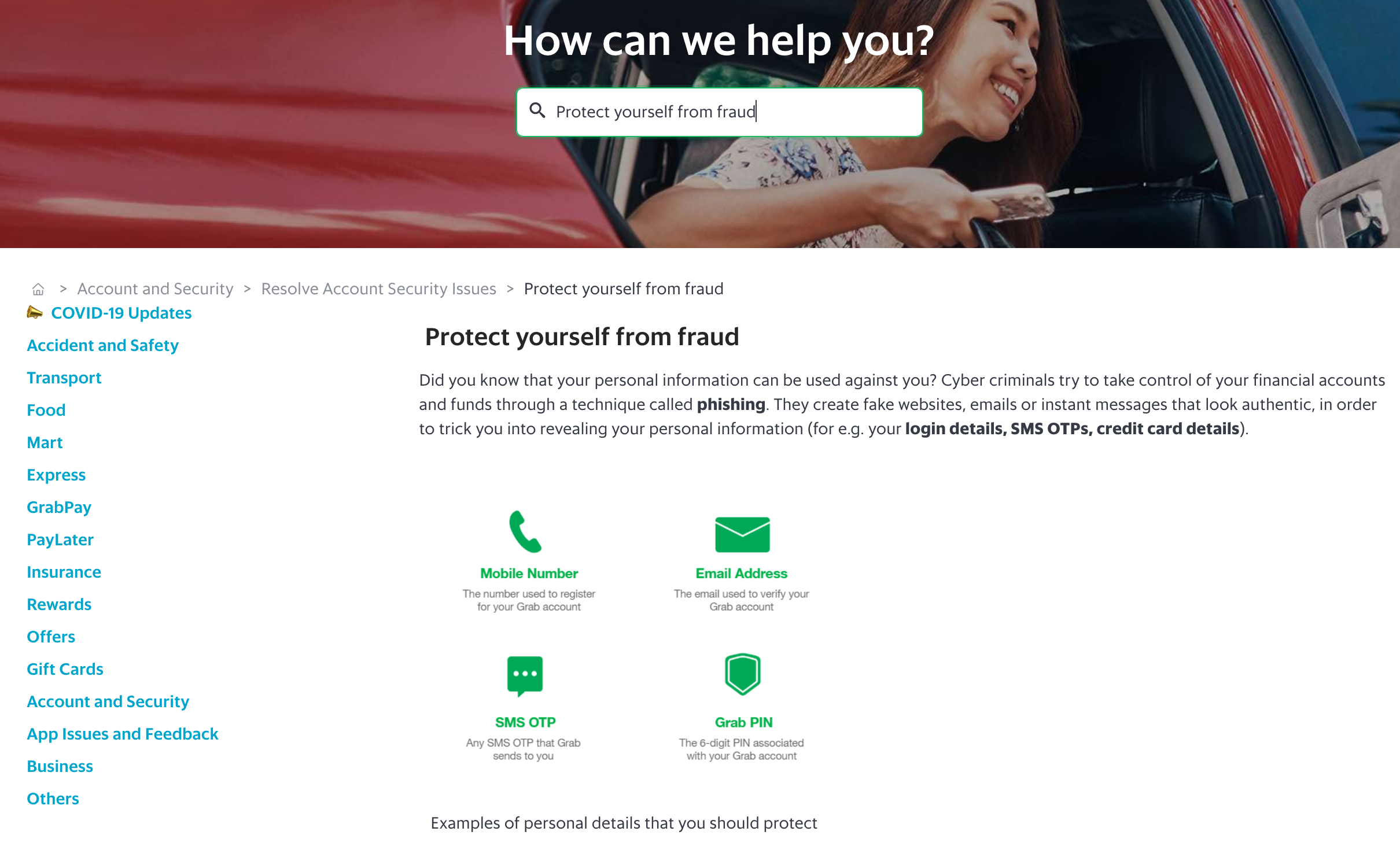'Tis the season for online scams. How can we protect ourselves?
Have you ever been targeted by delivery scammers and prank orders?
Recently, no less than Vice President Leni Robredo, Senators Kiko Pangilinan and Risa Hontiveros, and a Commission on Human Rights (CHR) commissioner were targeted by delivery scammers from food and shopping businesses. Back in July, Manila City Mayor Francisco “Isko Moreno” Domagoso was also a victim of prank orders when five food deliveries flooded his office.
With the onset of the holiday season, scammers are yet again preying on the festive mood. How could delivery riders and consumers protect themselves?
A look into scamming tactics targeting online shoppers
The CHR was one of the recent victims, after its head office was contacted by several businesses for food deliveries that “no one booked or ordered.”
In a Nov. 23 statement, CHR said the the prank order used their hotline number and public email address as contact details. The orders were meant to be paid via cash-on-delivery (COD).
This encounter seems like a reminder to utilize cashless transactions like bank transfer, ShopeePay, Lazada Wallet, or GrabPay to avoid COD mishaps, right? Well, not exactly.
On the same day, Senator Hontiveros became the victim of a sham order when an unidentified individual ordered P18,300 worth of food at Rico’s Lechon under her name. Screengrabs from her post show the order of extra spicy large lechon and her supposed account details from a local bank.
Usually, online shoppers with orders paid via COD are the targets of bogus orders. However, Hontiveros’ case showed that delivery scammers can also become more creative.
In a report from the Department of Trade and Industry (DTI), online scams have reportedly increased from 2,457 cases reported in 2019 to 14,869 complaints recorded from January to October 2020.
Among the victims, e-commerce platforms such as Shopee and Lazada accounted for 90.13% of the cases, while the remaining 9.87% includes incidents from Facebook “and others.”
How are delivery scams investigated?
On Nov. 22, the Office of the Vice President (OVP) returned P100,000 worth of groceries after falling victim to prank order scams. OVP spokesperson Barry Gutierrez said they are investigating the matter further.
"There has been some initial consultation with our lawyers, but specific options will be discussed once we get more information on who may be responsible,” he added.
Following the incident, Metromart released a statement.
"To help prevent similar situations in the future, we have increased our security and fraud detection measures against scammers," the company said.
“Metromart has a Return Policy arrangement with our merchants that protects our frontline delivery riders and personal shoppers from fraudulent orders,” it added.
Greenbulb PR, which is the external communications firm tapped by Grab, said that Grab’s investigation on delivery scams depends on the “gravity” of the incident.
“We would (also) work with the necessary parties involved such as the victim or those who have filed the report. If needed, the company also extends its cooperation with local authorities," Greenbulb PR associate Denise Albero said.
When sought about Grab’s full investigation process, however, Albero said it cannot be shared with the public due to “safety reasons.”
PhilSTAR L!fe also reached out to Shopee and Lazada for their comment on delivery scams and how they also protect their rider-partners, but the e-commerce platforms have yet to respond, as of this writing.
How can I protect myself from delivery scams?
On the consumer side, the DTI released an advisory reminding shoppers to be mindful of fake websites, online auction scams, weight loss or medicine scams, and phishing emails when browsing online.
DTI also recommended shoppers to protect themselves from fraud with the following tips: (1) keep security software and firewalls up-to-date, (2) update internet browsers, (3) research a seller before making an online purchase, (4) be wary of unsolicited emails from online businesses that you do not know, (5) read all order and delivery details, and (6) be vigilant in transmitting financial and personal information, among others.
Albero said Grab also blocks the mobile number and the device of a scammer whenever an incident is reported into their system.
Albero advised shoppers to report to Grab’s help center incidents of fraud.

You can also find out how you can protect yourself from credit card fraud by reading this story.


